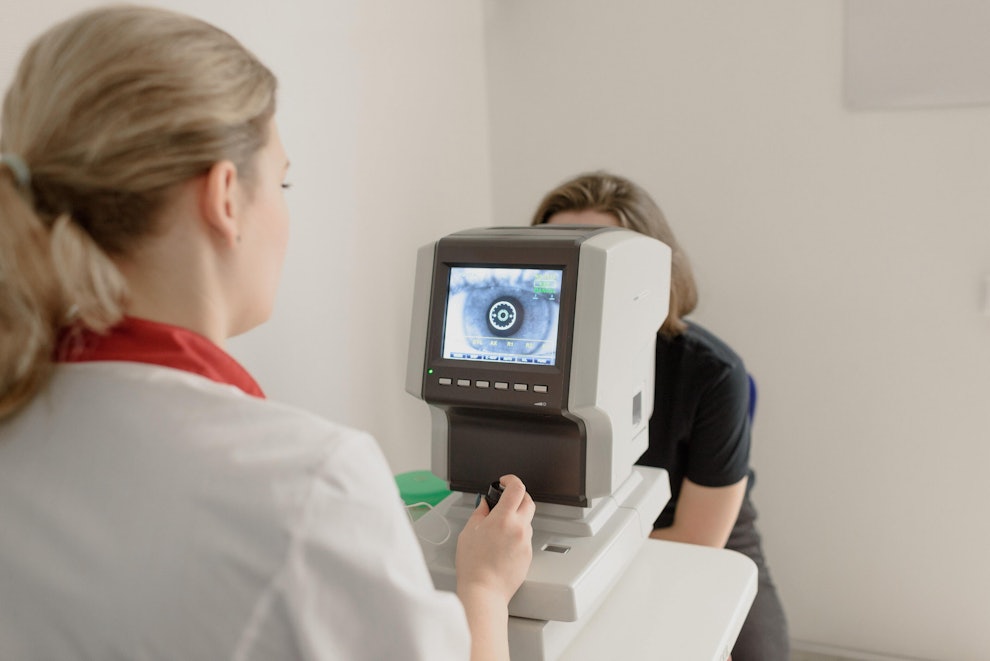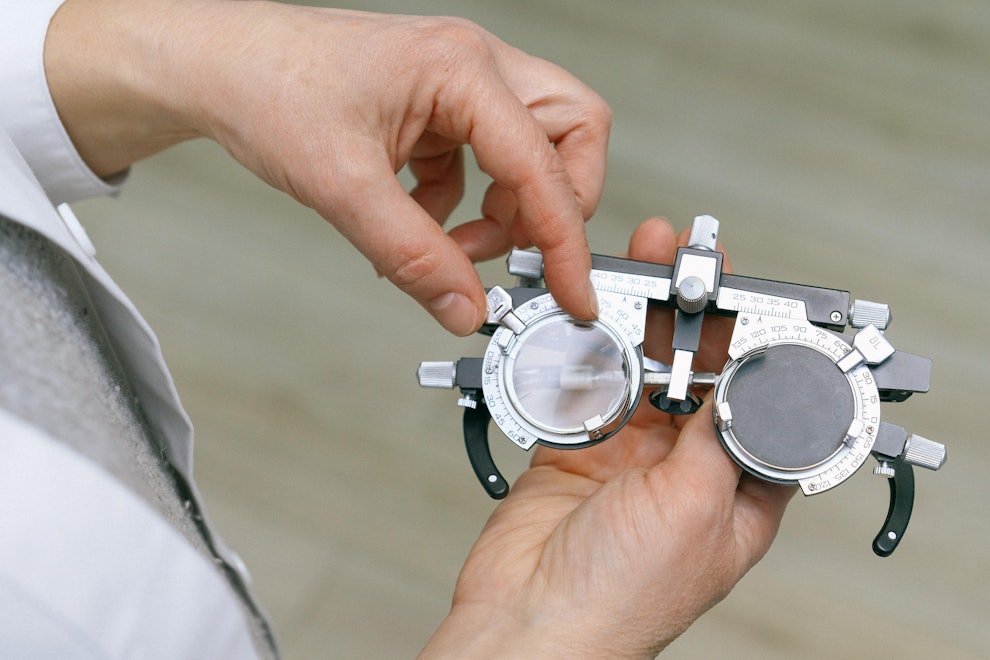
Disclaimer: If you are pregnant, nursing, taking any medication, or under medical care, consult a physician or healthcare professional before use. This product should be used only as directed on the label. Consult a physician before use if you have a serious medical condition or are taking prescription medications. Consult a physician before using this or any supplemental dietary product. All trademarks and copyrights are the property of their respective owners and are not affiliated with or endorsed by this product. These statements have not been evaluated by the FDA. This product is not intended to diagnose, treat, cure, or prevent any disease. Individual results will vary. By using this site, you agree to be bound by the Privacy Policy and all Terms and Conditions posted on this site. THIS IS AN ADVERTISING AND NOT AN ACTUAL NEWS ARTICLE, BLOG OR CONSUMER PROTECTION UPDATE. MARKETING DISCLOSURE: This website is a marketplace. So, you should know that the owner has a monetary connection with the products and services advertised on the site. The owner gets paid whenever a qualified lead is referred to them, but that’s about it. ADVERTISING DISCLOSURE: This website and the products and services mentioned on it are advertising platforms. This site is an advertisement and not a news publication. Any photographs of people used on this site are of models. The owner of this site and the products and services mentioned on this site only provides services to enable consumers to obtain and compare them.
Eye health is an important part of health care. Sometimes, this means eyeglasses or contact lenses as well as routine vision exams. But does Medicare include vision coverage?
In short, Original Medicare coverage does not include vision as part of its benefits. This includes coverage for corrective lenses such as contacts or eyeglasses. Medicare also does not cover routine eye exams.
Medicare Advantage plans, however, may include vision as part of its extra benefits. In addition, there are non-profits and other means of getting coverage for vision needs. Medicare beneficiaries can also enroll in private insurance plans for vision care.
So, does Medicare cover glasses? This resource will explain everything Medicare beneficiaries need to know about Medicare and eyeglasses, including vision coverage, paying for corrective lenses, and more.

Does Medicare Include Vision Benefits?
As a reminder, Original Medicare only consists of Medicare Part A (hospital insurance) and Medicare Part B (medical insurance). These Medicare Parts do not include vision coverage. This means Medicare will not cover eye exams and other routine vision care services. This means beneficiaries should expect to pay 100% of out-of-pocket costs for any vision-related care and products.
However, Medicare will cover corrective lenses following the implant of an intraocular lens if you get cataract surgery.

Does Medicare Cover Cataract Surgery?
Medicare covers cataract surgery if it is deemed to be medically necessary treatment. If that is the case, Medicare Part B (medical insurance) will cover 80% of costs, and Medicare patients are expected to cover the remaining 20%. The Medicare Part B deducible also applies.
When Does Medicare Cover Eyeglasses?
Medicare covers eyeglasses following cataract surgery. Medicare Part B will cover the costs of corrective lenses (either one pair of eyeglasses with standard frames or one set of contact lenses) after cataract surgery.
Medicare Costs for Eyeglasses and Contact Lenses After Cataract Surgery
Beneficiaries can expect to pay 20% of the Medicare-approved amount for corrective lenses after every cataract surgery. The Medicare Part B deductible applies. Additional costs may occur for upgraded frames.
Finally, it is important to confirm that the eyeglasses or contact lenses suppliers are approved providers and enrolled in the federal Medicare program. If they aren’t, Medicare won’t help pay.

Do Medicare Advantage Plans Include Vision Benefits?
Medicare Advantage plans, also known as Medicare Part C or MA plans, are supplemental Medicare plans offered through private insurance companies that are approved by Medicare. A Medicare Advantage plan will bundle both Medicare Part A and Medicare Part B. Most Medicare Advantage plans also include additional health benefits for dental, vision, and hearing. Some MA plans may also include prescription drug coverage, known as Medicare Part D.
Not every single MA plan will include all of the aforementioned additional benefits. Interested parties should always contact the insurance company to confirm additional coverage for extra health care benefits such as vision.
Tips for Choosing a Medicare Advantage Plan With Vision Benefits
While many Medicare Advantage plans do include extra coverage for needs such as vision care, not all do. That said, there are various ways to confirm coverage for vision.
Use Medicare’s MA plan comparison tool
This helps beneficiaries compare MA plans prior to enrolling.
Speak with a licensed insurance agent
They are educated on everything their plans have to offer, helping beneficiaries make the most informed decisions.








Leave a Comment